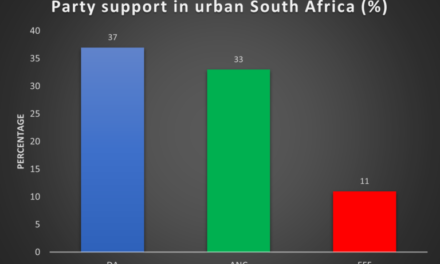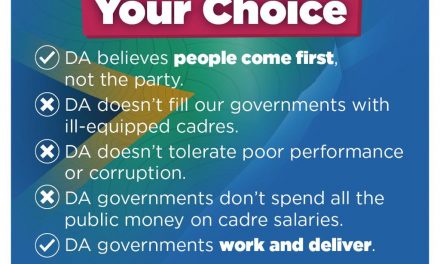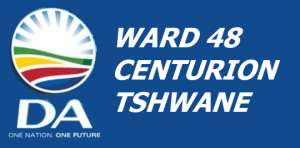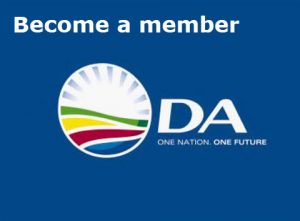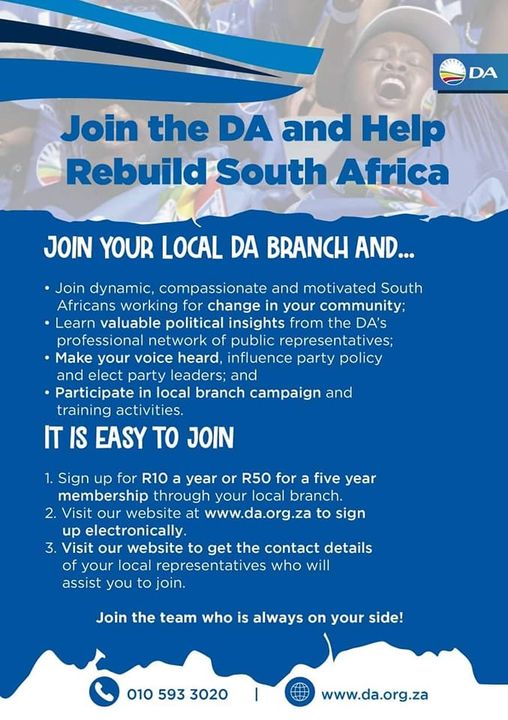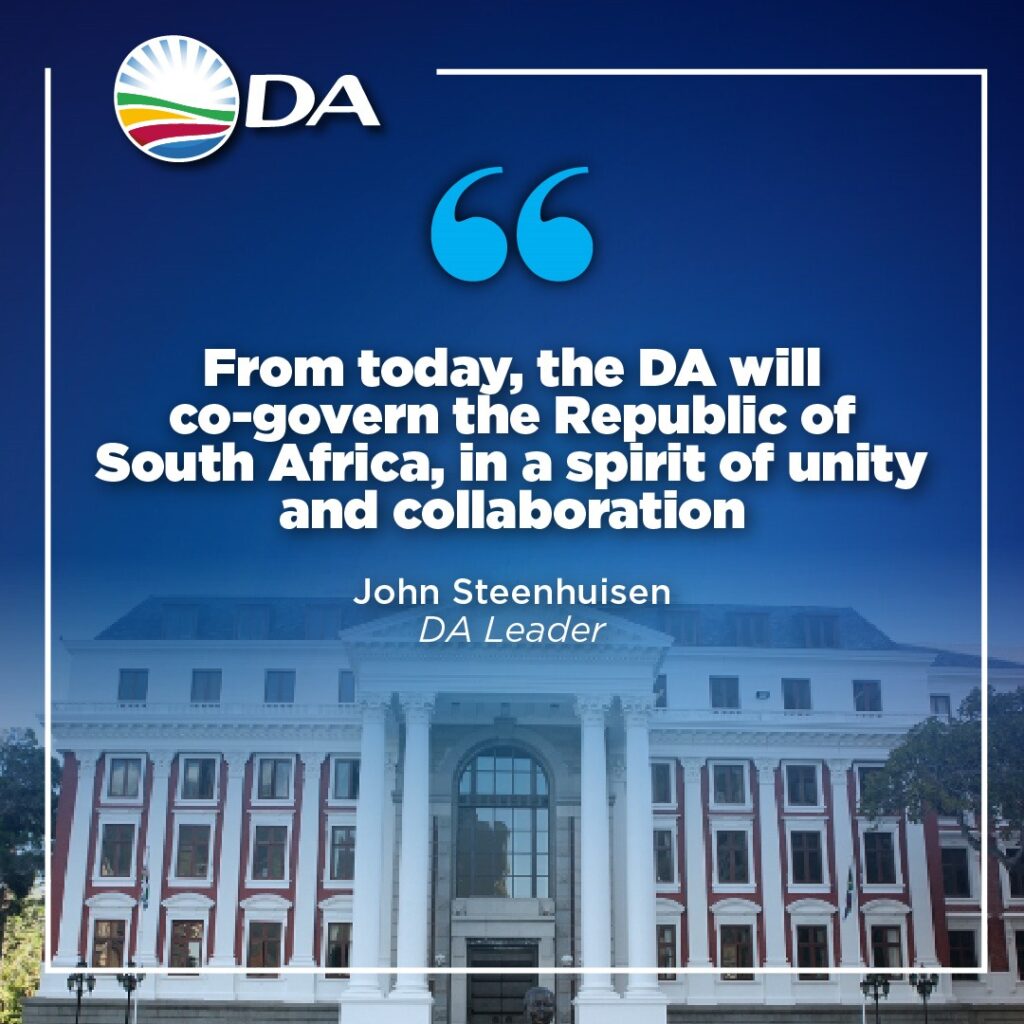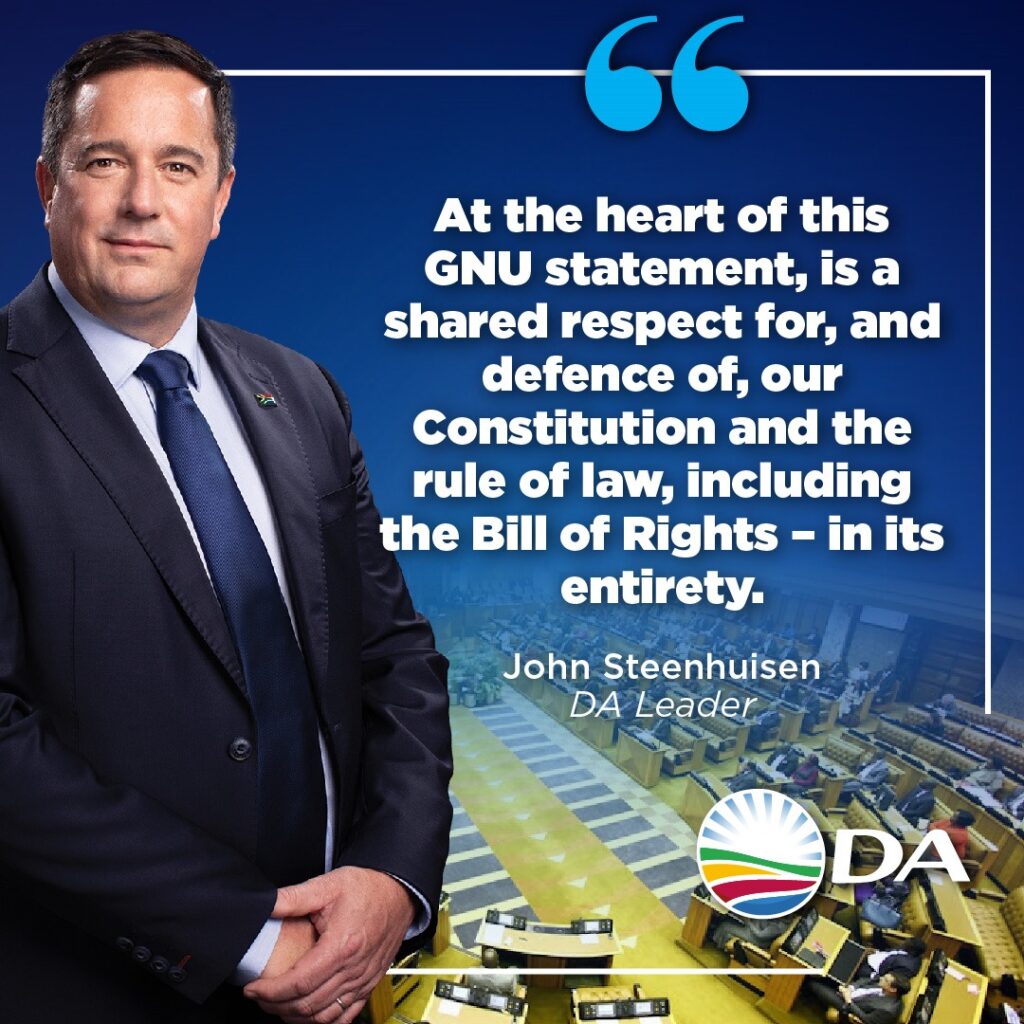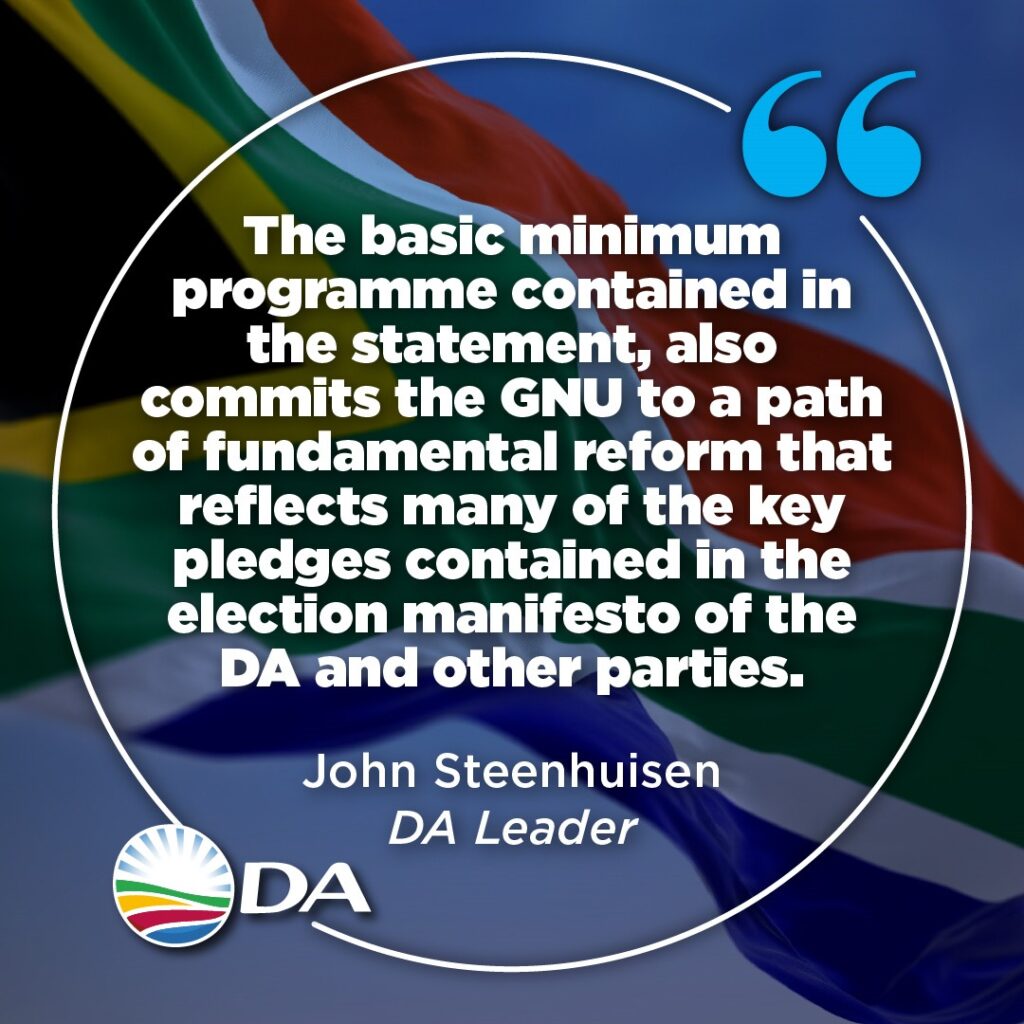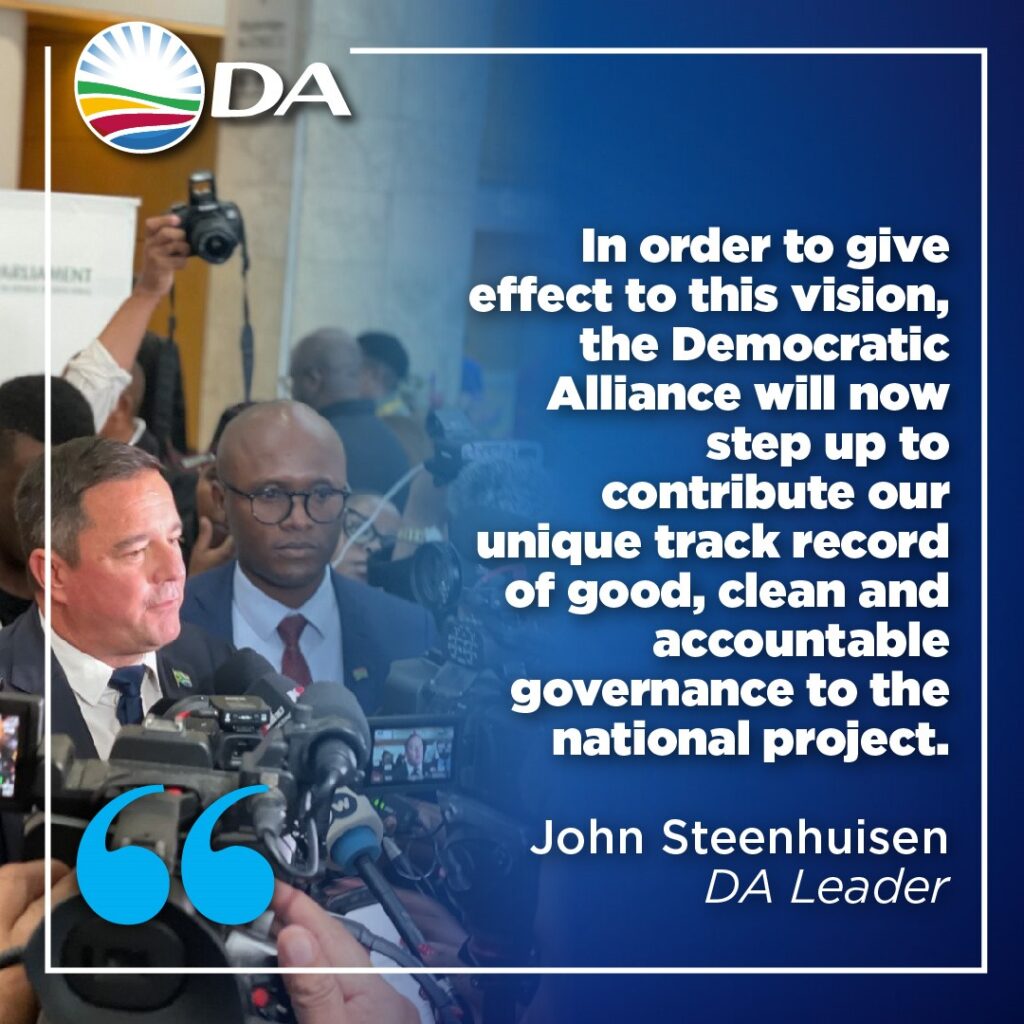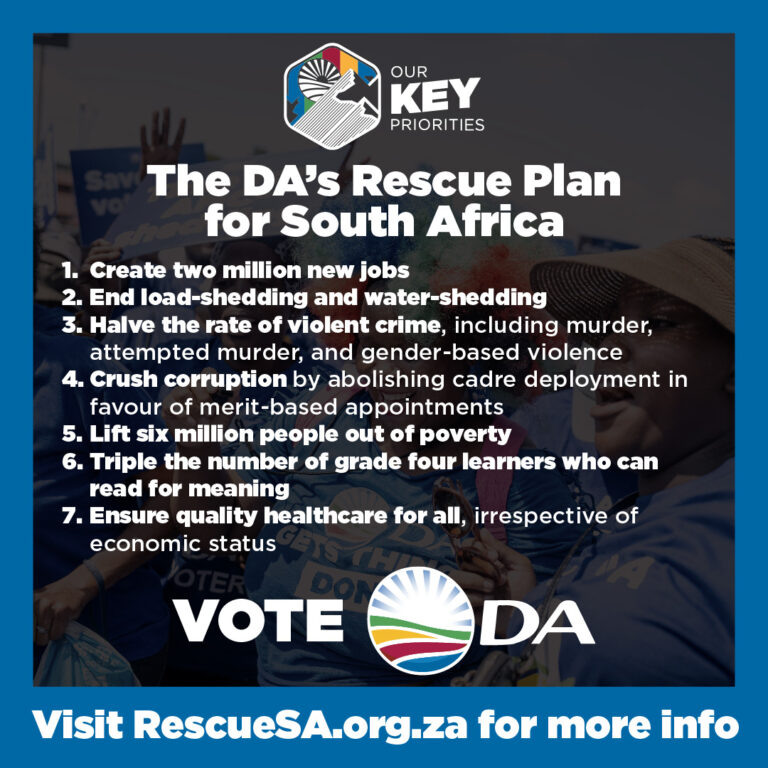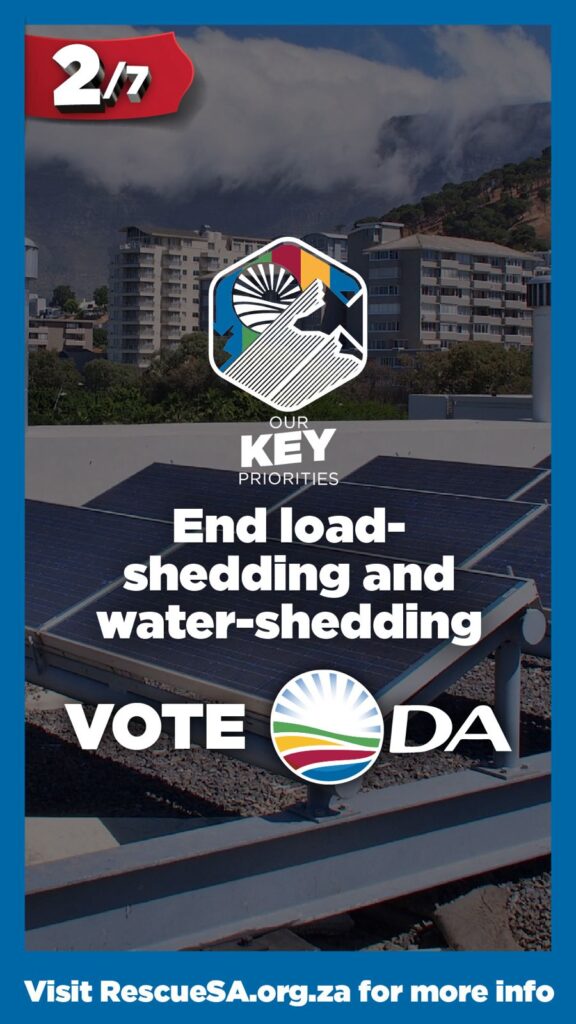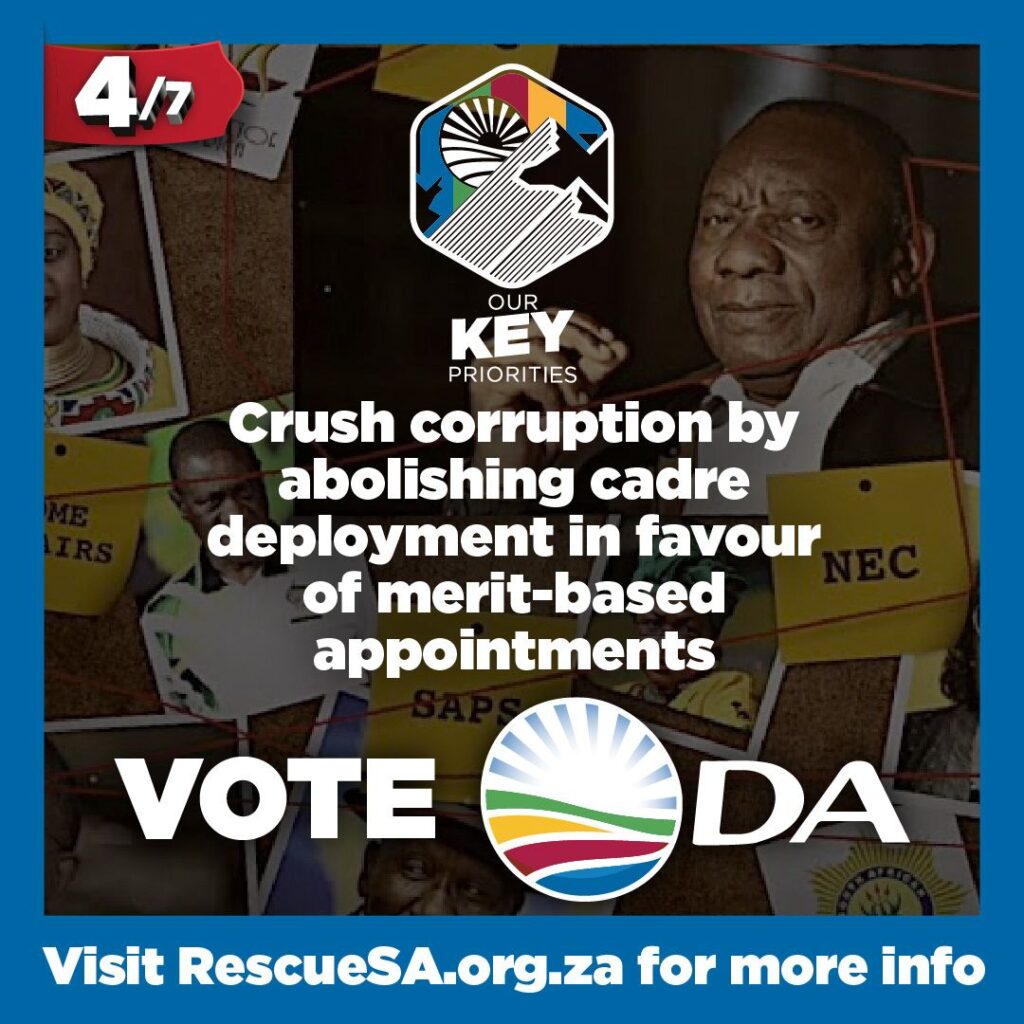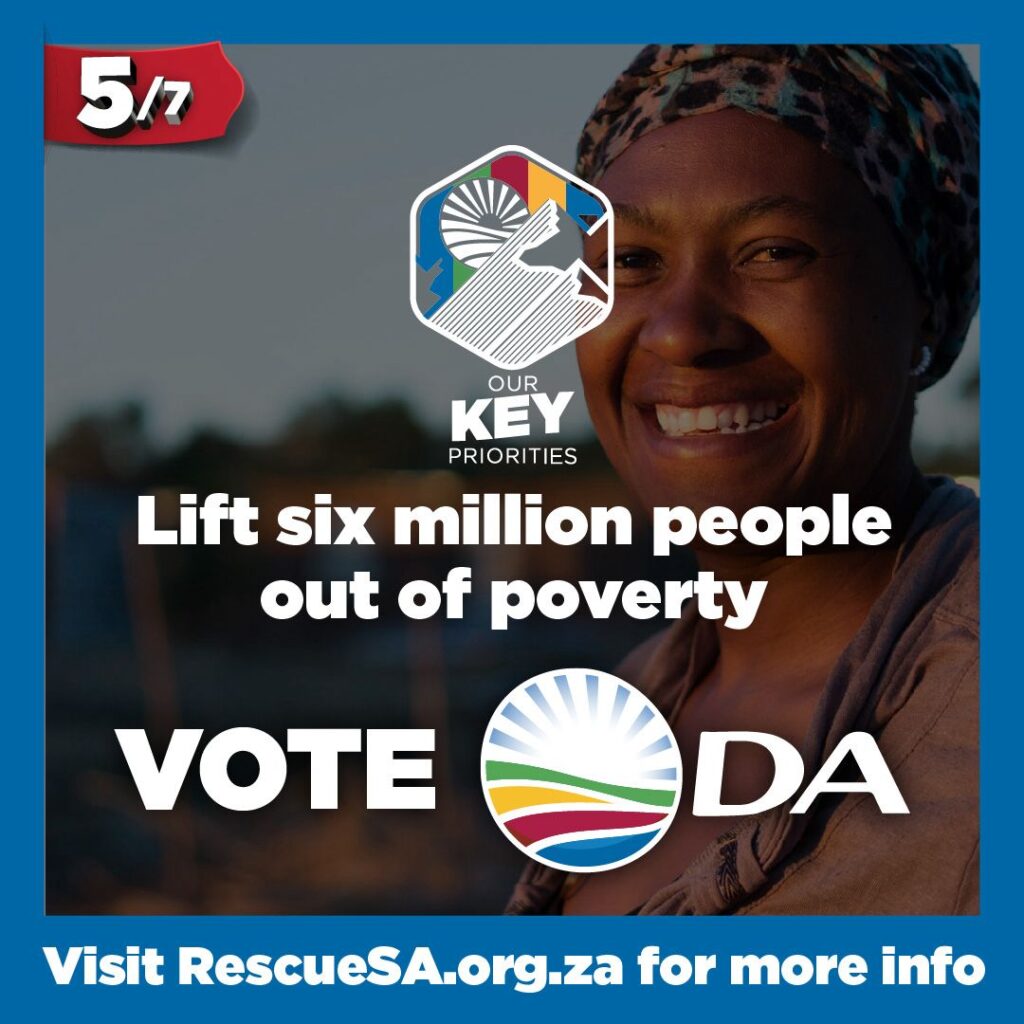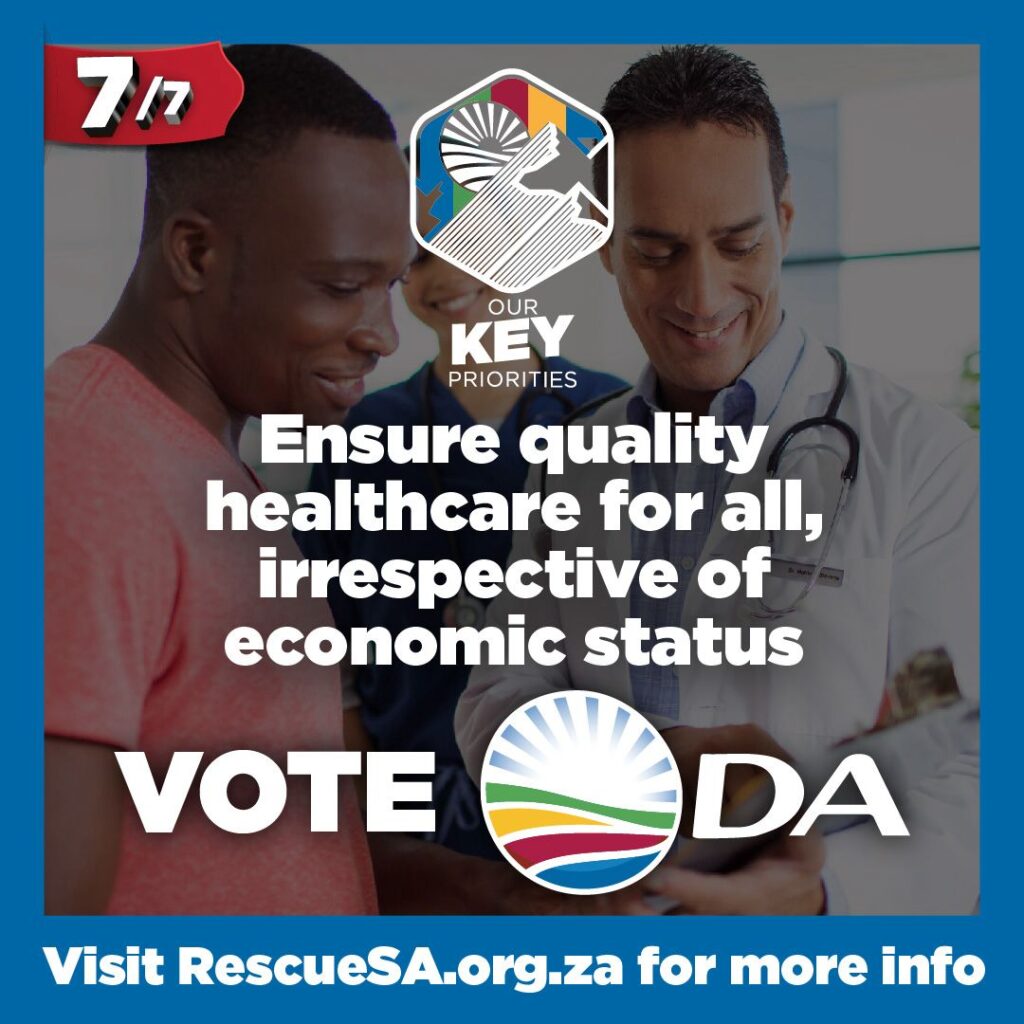Issued by John Steenhuisen – Leader of the Democratic Alliance
04 Nov 2021 in News
As the final vote tallies are confirmed and signed off and the dust settles on the 2021 Local Government Elections, South Africa can mark this week as an historic milestone in the development of our young democracy. Because on Monday, South Africans signalled the beginning of the end of the ANC’s political dominance and ushered in a new and hopeful era for our country.
It was always a question of when, and not if, South Africa would outgrow its liberation movement government. And now, after 27 years in power, the ANC has finally been brought below 50% for the very first time. If this were a national election, they would no longer be in government. The hallmark of a stable democracy is that government changes peacefully through the ballot box.Achieving this has been the DA’s central objective over decades, and we are now far closer to this goal. That’s why this election – for all its logistical and legal challenges and despite its low voter turnout – is such a game changer.
Bringing the ANC below 50% has been a lifelong project of the DA because we recognised, very early into our democracy, that our country will never thrive under an ANC government. Election by election, for the better part of two decades, this project has seen the DA steadily chip away at what was once considered an unassailable ANC lead. The reality now is that the ANC has ended on around 50% or lower in five of the nine provinces (Western Cape, Gauteng, KwaZulu-Natal, Free Stateand Northern Cape), which represents around two-third of South Africa’s population. Everything is now in play for 2024.
In terms of the DA’s own progress, these elections have given us much to feel buoyed by, as well as areas for us to look at critically and honestly so that me may make improvements. Every election has its wins and its challenges. We know which communities and which regions have sent us a message, and we will do everything in our power to reconnect with the people in these places so that we can bring our project back on track there.
One such a message has certainly been that people do not like unstable coalitions that compromise service delivery. The message voters gave us in Nelson Mandela Bay, Tshwane and Johannesburg confirmed the lessons we’d learnt in those metros over the past five years around coalition agreements and the conditions that need to be met for such governments to work. This can be summarised as: “Never let short term advantage get in the way of longer-term objectives”.
Desperation to get into government and stay there can sometimes lead to bad coalitions that ultimately result in a loss of trust among voters in the very idea of a coalition government. In its negotiations, the DA is prepared to speak to everybody, but not to act out of desperation. It is better to be a good opposition than part of a bad coalition.
This is why our Local Government Coalition Agreement, which all coalition partners will have to sign, very clearly sets out the non-negotiable principles in its preamble. They are the following:
- A culture of accountability, transparency and good governance will form the foundation of all work to be performed in the municipality.
- All coalition members acknowledge the value of openness and will ensure the accessibility of information to residents of the municipality.
- All coalition members shall be accessible and responsive to all residents of the municipality.
- All coalition members shall endeavour to eliminate corruption and maladministration within the municipality, including a non-negotiable commitment to the rule of law and constitutionalism.
- The separation of party and state will be strictly adhered to by all coalition members.
- All coalition members shall champion inclusion, redress, and reconciliation within the municipality.
- All parties shall endeavour to expand opportunities for all, and oppose any forms of racial, gender or other quotas.
- All parties shall uphold non-racialism.
- All parties shall avoid the politics of patronage, nepotism, or self-enrichment.
- All coalition members shall ensure the municipality is driven by the pursuit of excellence, this includes merit-based appointments and policymaking guided by evidence and the objectives set out in this agreement.
- No party to this agreement shall enter any other coalition which is inconsistent with this agreement.
With these principles locked in place, we are confident that we can avoid a repeat of the instability, flip-flopping and paralysis that often characterised the governments of the affected metros and ended up hampering service delivery. Importantly, we will also make public all our coalition agreements so that voters are brought along with us in the process. It is, after all, their votes that are being represented in these negotiations and agreements.
But an even more important message we received from voters is that, where we govern outright and govern well, people want more of the same. That is why municipalities such as Midvaal, Mossel Bay and Stellenbosch gave the DA such a strong mandate to continue our work there. And that is why Cape Town backed a DA mayor and a DA government for the fourth consecutive term, and the third outright term. When we don’t have to fight the conflicting interests of uncooperative coalition partners, we get a lot more done, and voters appreciate this.
What we also learnt from this election is that our project of stabilisation and consolidation of the DA is very much on track. While many analysts choose to look only at how parties performed in these elections compared to the last local government election in 2016 – since campaign issues and factors such as voter turnout often differ from a national election – the DA has had a unique journey over this period that makes the 2019 figures particularly relevant. Because, following a disappointing showing in 2019, we chose then to reset our party, reconfirm our values and reconnect with voters. For this reason, that third datapoint of 2019 tells a critical story when it comes to support trends, and particularly when viewed against the other two big parties over the same period.
What these trends tell us – when you add 2019’s results to the graph – is that two of the big three parties are heading down, while one hit its low in 2019 and is heading back up again. Of all the big parties with a truly national footprint, only the DA has shown growth since 2019. And this bodes very well for 2024 – for our party, but more importantly for our country – as the DA will form the core of a new majority that will unseat the ANC nationally.
We have also seen some very encouraging bounce back from by-election losses in recent years which, if you were to believe every analyst at the time, signified the supposed terminal decline of the DA. Equally encouraging has been our growth among peri-urban and rural black voters, where a sample of over 3000 voters showed our support doubling from 3.2% to 6.4% in this segment. And of course, there is our first ever outright win in KwaZulu-Natal, in the midlands municipality of uMngeni. We now intend to transform uMngeni into the best-run municipality in the province, just as we did with Kouga in the Eastern Cape and Midvaal in Gauteng.
While a superficial analysis might conclude merely that the DA’s support dropped from 2016, a deeper look reveals that our party has indeed stopped its free-fall and is heading in the right direction again, and at a critical time for our country. Once we have finalised our coalition negotiations, all our attention will turn to the next national and provincial elections in two and a half years’ time.
The road to 2024, where South Africans will finally push off the yoke of ANC dominance, has already begun.

